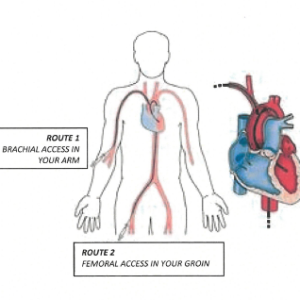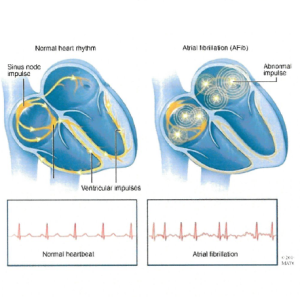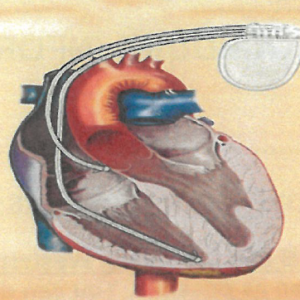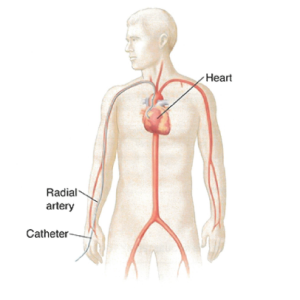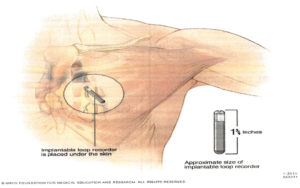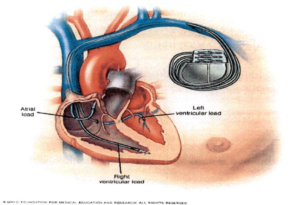Cardio Vascular Hybrid Theatre @ Western Hospital
We are pleased to be partnering with Western Hospital in this exciting project, which allows us to offer invasive cardiac procedures at our home base at Western Hospital.
The theatre is equipped with state of the art equipment and run by a highly specialised team of staff.
At Western Hospital’s Cardio Vascular Hybrid Theatre, we can now offer further care onsite for our patients including the following:
- Right Heart Catheterisation
- Cardioversion
- Automatic Implanted Cardioverter Defibrillator
- Coronary Angiogram
- Implantable Loop Recorder (IPL)
- Permanent Pacemaker.
Cardio Vascular Hybrid Theatre Procedures
Right Heart Catheterisation
Right Heart Catheterisation is a study of the pressures and flow within the right side of the heart. This test can be valuable in the assessment of cardiac valvular disease, especially for surgery. It is also used to assess other symptoms such as breathlessness. The test involves the insertion of a long thin catheter into a vein in your arm (known as brachial access) under local anaesthetic.
The femoral vein in the groin is another option if required. The catheter is moved up the inside of the vein until it reaches the heart. When the catheter is in place, the pressures within the heart can be measured . This procedure is often performed at the same time as a Coronary Angiogram.
Cardioversion
A cardioversion is a procedure to restore normal heart rhythm in patients with heart rhythm disturbances. It is often a recommended treatment for patients with atrial fibrillation, a common heart rhythm disorder of the upper chambers of the heart (atria).
If you have atrial fibrillation, your Cardiologist will evaluate your symptoms and medical history to determine whether a Cardioversion is warranted to restore normal heart rhythm.
Automatic Implanted Cardioverter Defibrillator
An Automatic Implantable Cardioverter Defibrillator (AICD) is a small electronic device that is implanted in your chest to monitor and correct an abnormal heart rhythm, or arrhythmia. It is placed surgically under the skin, usually below your left collarbone. One or more flexible, insulated wires (leads) run from the AICD through the veins to your heart.
The AICD is used to treat serious and life- threatening arrhythmias and it is the most effective way of doing so. The AICD detects abnormal rhythms in the ventricles. These are part of the heart that pump blood around the body. You will need an AICD if you have a dangerously fast heartbeat (Ventricular Tachycardia) or a chaotic heartbeat (Ventricular Fibrillation) that keeps your heart from supplying enough blood to the rest of the body.
Coronary Angiogram
A Coronary Angiogram (‘Angio’) is a special x-ray of the arteries around the heart and surrounding blood vessels to detect any abnormalities, narrowing or blockage.
The test involves the insertion of a long thin catheter into an artery in your wrist under local anaesthetic. The catheter is moved up the inside of the artery until it reaches your heart. When the catheter is in place, a small amount of contrast dye will be injected into it. X-rays will be taken as the dye travels through the coronary arteries.
Implantable Loop Recorder (IPL)
An Implantable Loop Recorder (ILR) is a small, thin device (approximately 2.5 cm in length} inserted under the skin of the upper chest.
The device can record your heart rhythm for up to 3 years.
It records the electrical signals of your heart over a long period of time to identify an irregular heart rhythm. It can determine whether your symptoms are related to a heart rhythm problem.
Permanent Pacemaker
A pacemaker is a small device that is placed under the skin in your chest to help control your heartbeat. It helps your heartbeat beat more regularly if you have an irregular heartbeat (arrhythmia), particularly a slow one.
Depending on your condition, you might have one of the following types of pacemakers:
- Single chamber pacemaker
- Dual chamber pacemaker
- Biventricular pacemaker.

